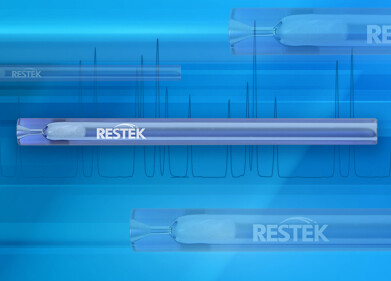Environmental Laboratory
How Do Self-Contained Composting Toilets Help the Environment?
Oct 11 2015
Self-contained composting toilets have been around for around 30 years, having been first popularised in Sweden and Finland. They work by treating human excrement, toilet paper and organic food waste by aerobic pressure – without the use of water.
This dispensation with flushing means that self-contained composting toilets can provide viable waste management solutions in rural communities where irrigation and sewer systems have not been put in place or where drought and a lack of freshwater is a common problem. They are equally appropriate for the developed and developing world and can help provide a number of benefits to the environment over their more common flushing counterparts.
Outlined below are a handful of the major advantages which self-contained composting toilets offer from an ecological point of view.
- No Flushing Water Needed. Did you know that flushing your toilet could use up to 10 gallons of water, every time you do it? Such a staggering waste of the staff of life is almost criminal when we think of the uses that water could be put to instead. Because they do not flush, self-contained compost toilets save an incredible amount of this precious resource.
- Wastewater Disposal is no Longer Necessary. If you don’t flush, you vastly reduce the amount of water which needs to be treated after the waste has been washed away. Despite this fact, over 90% of the waste put into composting toilets is still water – but this is evaporated back into the atmosphere.
- Waste Can Be Recycled as Fertiliser. After being broken down by an effective composting system, human waste is rid of its viruses and pathogens, leaving only a relatively dry solid material that is rich in nutrients. This can be easily transported and used as a fertiliser to aid plant growth, thus returning the Earth’s bounties back to her. For information on how fertiliser can be achieved through anaerobic digestion as well as aerobic, see the article The Use of Digestate as an Organic Fertiliser.
- Household Waste is also Reduced. Due to the fact that composting toilets can also accept organic food matter, household scraps can be recycled and the nutrients which we missed out on in the eating process can be ploughed back into the Earth, to help other life grow. This not only maximises the nutrition of the produce but also reduces waste.
- Cutting Down on Transport Costs. Expensive sewage system entail a significant amount of investment and effort – similarly, transporting waste from one place to another involves the use of tankers and lorries, which spit out pollutants and unhealthy fumes into the atmosphere. Because the self-contained composting toilet treats waste onsite, it sidesteps all of these concerns.
Clearly, self-contained composting toilets can do wonders for our environment. Although they may seem unfamiliar and even unappealing to those accustomed to a flush system, the benefits they entail are there for all to see. Perhaps in the future they could be a widespread approach to treating our waste – after all, the craze has already caught on at music festivals and similar events. Is it simply a matter of time before it appears in your home, too?
Digital Edition
IET 34.2 March 2024
April 2024
Gas Detection - Biogas batch fermentation system for laboratory use with automatic gas analysis in real time Water/Wastewater - Upcycling sensors for sustainable nature management - Prist...
View all digital editions
Events
Apr 22 2024 Hannover, Germany
Apr 22 2024 Marrakech, Morroco
Apr 23 2024 Kuala Lumpur, Malaysia
Apr 23 2024 Kintex, South Korea
Apr 23 2024 Edmonton, AB, Canada


















